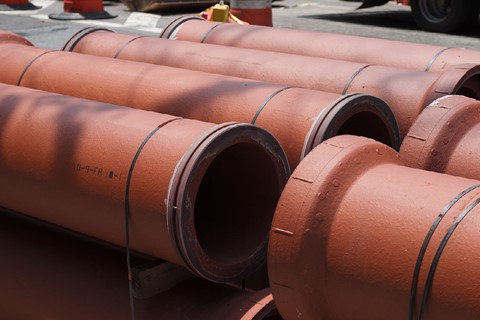There are many different ways in which we can talk about water. Our usual go-to deals with ways in which we can help communities around us with services that we provide. But, it can go deeper than that. When you’re talking about the importance of water, it involves so many different aspects. Yes, the business you own should have safe, potable water for everyone to use. But, it’s also important to have discussions outside of that. Water protection is a big topic that can transcend the office space and backflow testing. This can lead us out into the water of Patagonia, protecting marine life, or expeditions that can save Canada’s underwater mountains.
Striving for Water Protection
All in all, we can agree that protecting our water is a high priority. Whether that means performing backflow testing for your commercial business or bigger scale things like ocean protection, it’s important to maintain a high standard of water. Since this is a global concern, it’s interesting to look at what others are doing in regards to progressively looking at our water problems.
New Laws in Peru
In December of last year, Peru passed a new law after being tired of seeing so much trash on its beaches and ocean. It was a year-long wait to finally get the vote to Peru’s Congress, but once there, it was a unanimous vote to fight against pollution. It was an ambitious national law to discourage and reduce single-use plastics. Non-reusable packaging items and plastic tableware comprise about 40% of plastic generated worldwide. Hence, they are also the primary source of marine pollution.
This is why there is a huge “save the turtles” action going around. Starting in April of this year, single-use plastic items won’t be allowed in Peru’s vulnerable environments. This includes beaches and other protected areas. The plan is to also limit Peru’s plastic manufacturing for domestic use, import, distribution, delivery, and trade. Notably, the law will require a tax on plastic bags and will require that plastic bottles are made up of at least 15% recycled materials.
The National Oceanic and Atmospheric Administration
Chemical forensics is a real thing and the NOAA team is ready to tackle on what exactly is polluting our oceans. This is a great first step in fixing a global problem. It’s stated that more than 60% of debris in our oceans is plastic. But, not all plastics are the same, and research chemists are trying to clearly identify the contaminants when they’re found. So far, the team has been able to identify several different plastics from the Gulf of Mexico, Hawaii, Alaska, and New Jersey. What’s clear is that there is a plastic problem in our oceans. Researches are hoping to find the root of the problem (plastics might be from aircraft interior and not a soda can) so that solutions can be made towards having a safer and cleaner ocean for all of its inhabitants.
A Champion of the Oceans
It will take all of us to make a difference in water protection. But, there are others more known that are vocal advocates for a better ocean. Take acclaimed producer, actor, and director, Sam Waterston, for example. As a celebrity spokesperson for Oceana, he’s spoken out, telling US Senators about the threat of acidity in our oceans, and also voiced his opinion about reckless fishing. Many people have a proud sense to help out in however ways they can, but sometimes it takes more to bring the issues to the forefront of people’s minds. You can find different organizations or different ways in which you too can be a champion for water protection.
As important as water is, we find it pertinent to protect it and keep it safe for human consumption and use, as well as for marine life. Take a look at how others are aiding in this and how you can become a part of it.


